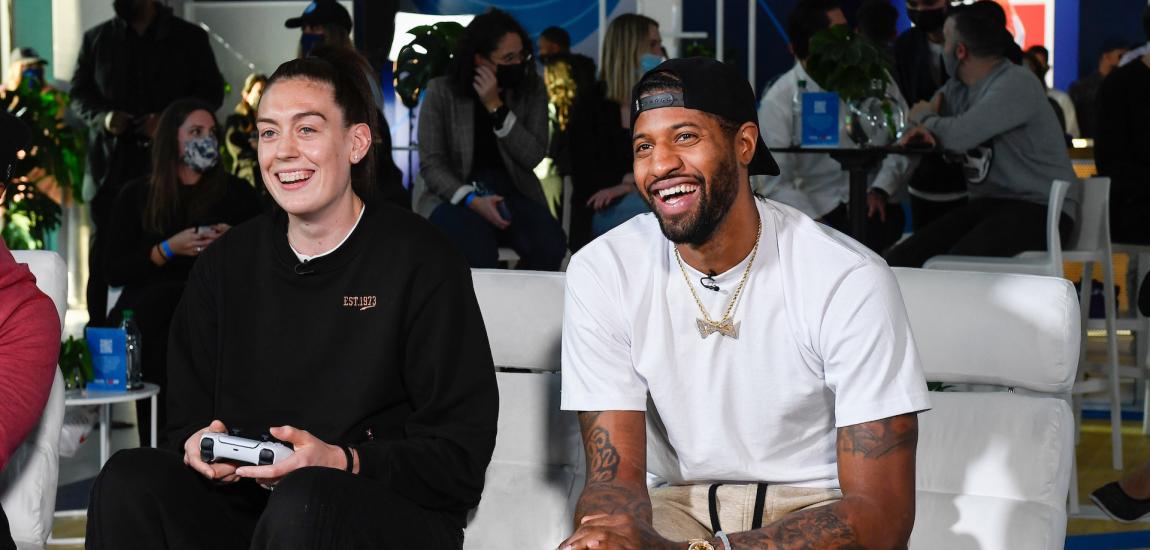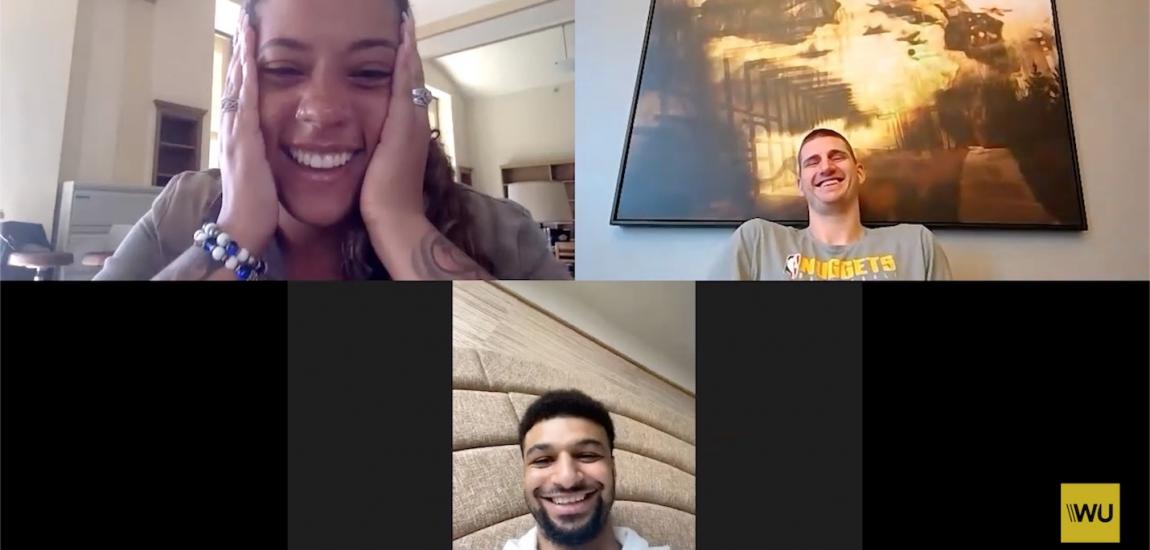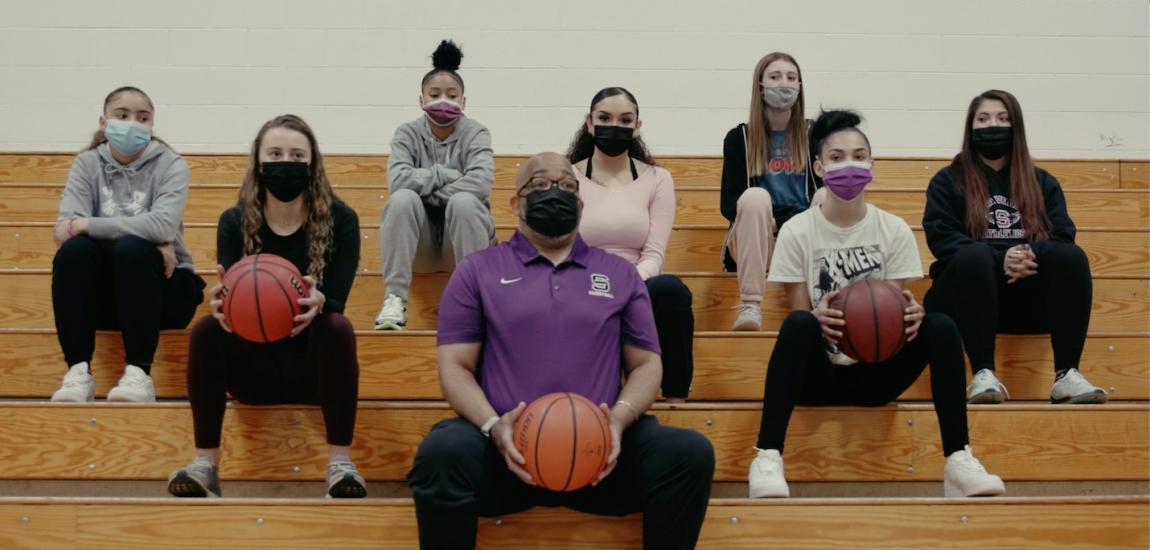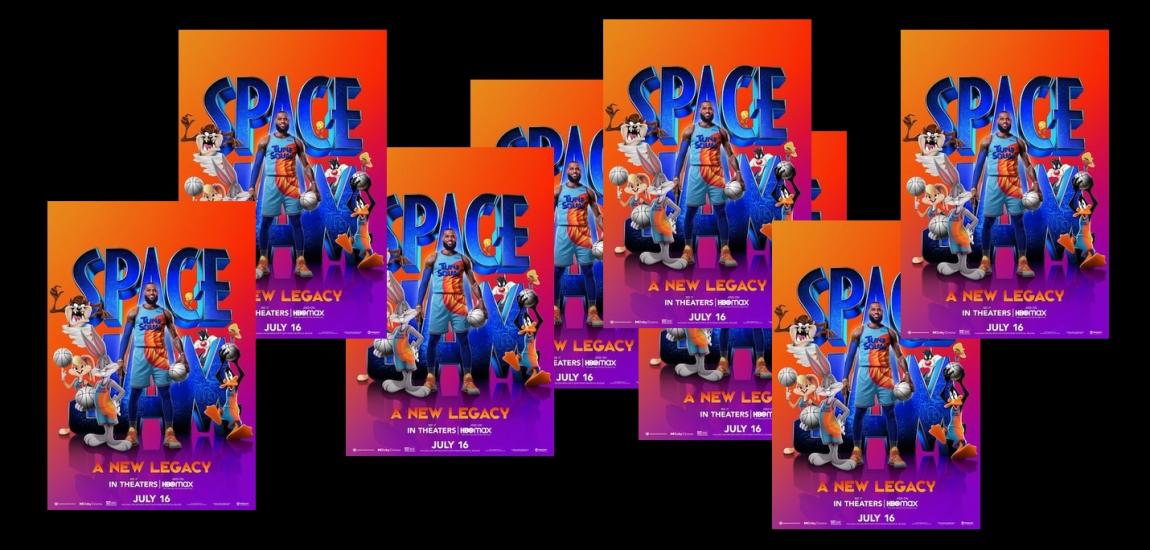After Los Angeles-based entrepreneur Earl Cole won Survivor: Fiji in 2007, he used part of his $1 million prize to invest in tech ventures and philanthropies. Now he's fused both passions into a site for his nascent sports company Fanstreme -- The Player's Bracket, a kind of Kickstarter for March Madness.

"I had read an article online about how the NCAA signed a multi-year, multi-billion dollar TV deal, but the athletes aren't allowed to get a penny of it, even though they are the stars of the show," says Cole, 44.
Teaming up with programmer Brian Yennie, Cole created a platform where fans decide on a 32-player bracket they deem donation worthy. Those players advance through a combination of in-tournament results and popular voting to a final three, where money put toward those athletes are held in trust funds or donated to charities in the players' names. The top finisher also receives proceeds for players who finished in fourth to 32nd place.
"It has always been a controversial topic, talking about paying college athletes, but it is a conversation that needs to get resolved," Cole says.
The homepage for The Player's Bracket emphasizes that debate with quotes on the topic by former players such as UCLA star Ed O'Bannon ("Things need to change in how the NCAA does business") and a link to comedian John Oliver's scathing look at the NCAA's definition of amateurism on his HBO series Last Week Tonight.
In his own collegiate experience as a freshman at the University of Kansas, Cole used to tutor a Jayhawk basketball player whose scholarship covered his room, board and tuition but not his late-night meals.
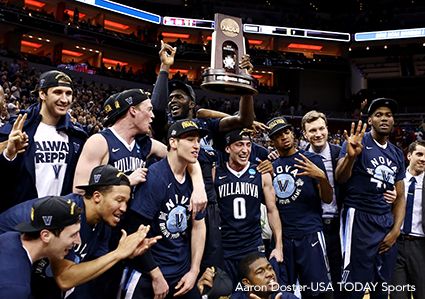
"I remember him talking about not having any money for pizza," Cole says. "They burn up more calories with their 3- to 4-hour practices, so they're hungry at night and the commissary is closed and they don't have any cash. They're actually going off the good faith of other students, like, 'Oh, there's so and so, can I...' 'Yeah, I got you covered.' To think this kid was on national TV the other day playing basketball and he doesn't have any money for snacks. I just think that's kind of wrong."
So far, the top vote-getters in the Player's Bracket are Buddy Hield of Oklahoma and Perry Ellis of Kansas. "I'm just glad people are starting to notice," Cole says. "I think every school in the tournament should show support and go to our site and vote for their school's star player."
Cole doesn't even mind drawing attention from the NCAA. "We know that we are too small right now, so we're not even on their radar," Cole says, but adds if the NCAA does send a cease and desist letter, he'll welcome it.
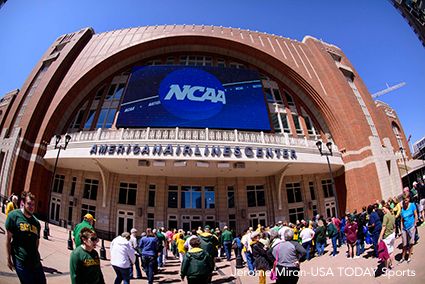
"We will post it on our site as a badge of honor," he says, "like, 'See sports fans? The NCAA would rather stop us from helping student-athletes, than work with us to solve the problem.'"
A childhood survivor of the degenerative hip-bone disorder Legg-Calve-Perthes disease, Cole became the first winner of Survivor by unanimous vote in 2007.
"It's definitely life-changing," Cole says. "I owe a lot to my time spent and well-earned money on Survivor, 39 days of starvation, paranoia, and physical and mental exhaustion."
Actually, he compares that experience with the student-athletes he sees in the tournament. "They do all this hard work, practices off the court and blood, sweat and tears on the court, and all they get is this little measly scholarship," Cole says. "A $40,000 scholarship when they make the school $40 million? That doesn't make any sense."
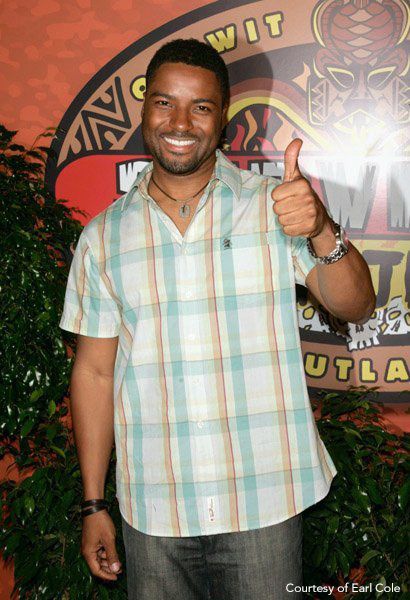
When March Madness ends, Cole says he'll take what they've learned from launching the platform and see if it will adapt to other sports.
"NCAA basketball is such a fast-paced tournament that we're able to get a lot of great data every few days when there's a round of games," he says. "What we learn from men's basketball we want to apply to the verticals of football, baseball, soccer and women's athletics, too."
Cole says putting money toward a specific athlete is the best kind of tournament bet. "We want to bring more attention to this sensitive topic of paying student-athletes but empower the fans to have more of a voice in the matter," he says. "Every sport is all about the fans anyway. Even if my favorite college player never sees a dollar of my money, at least through the Player's Bracket, I have a choice to give to that deserving player, or the money goes to a charity. That's a win-win for me."
-- Follow Cynthia Wang on Twitter @peowang.


